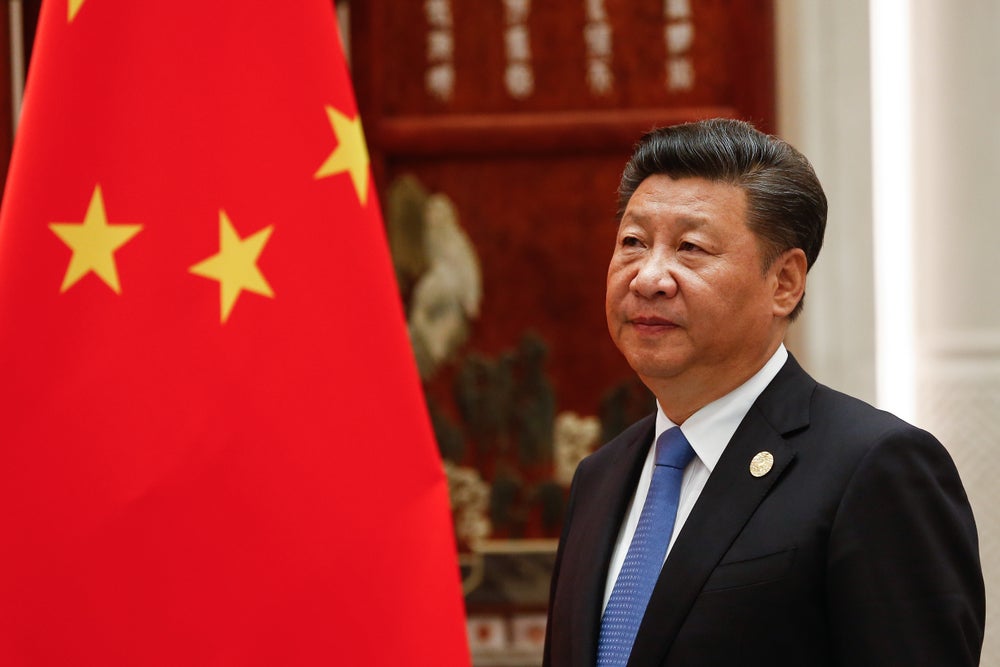
Chinese officials are reportedly planning to counter the threats of US President-elect Donald Trump by turning to the US allies in Europe and Asia. This comes in response to Trump’s campaign proposal to impose up to 60% tariffs on Chinese goods, posing a significant risk to China’s export and manufacturing-dependent economy.
The strategy being considered involves the offering of tariff cuts, visa exemptions, and other incentives to these allies, moving away from China’s conventional reciprocative approach to economic and diplomatic deals. This policy of unilateral opening, however, faces resistance, particularly from the European Union due to China’s support for Russia’s activities in Ukraine, and from Asia allies such as Japan, South Korea, and the Philippines becoming increasingly cautious of China’s growing assertive attitude.
As part of its broader economic growth and trade relations strengthening strategy, China has already removed visa restrictions for travelers from more than 20 countries and is considering large cuts in tariffs in various sectors. Despite analysts’ warnings of worsening US-China tensions impacting trade policies and a decline in US-listed Chinese stocks following Trump’s election win, China remains committed to this strategy to capitalize on apprehensions about Trump’s often aggressive stance against US allies and hopes to divide those allies by taking the initiative.






